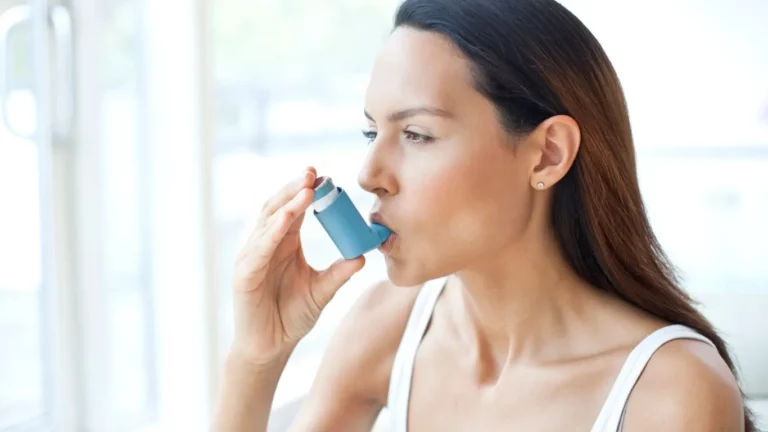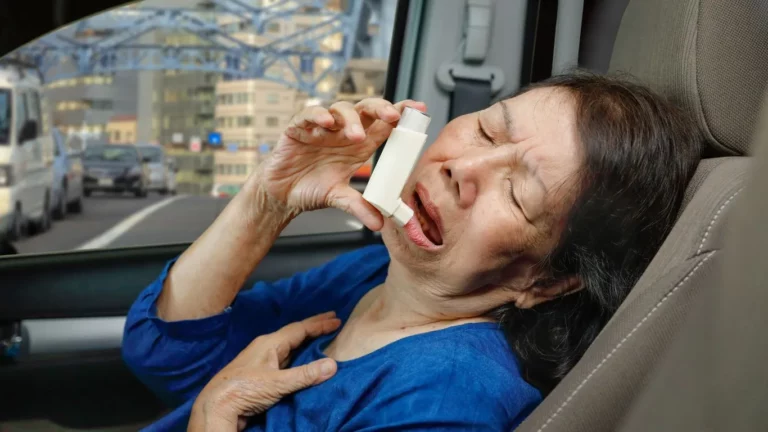Shocking Truth About Blood Pressure After Waking Up
Waking up and feeling your heart pounding like it’s already had three cups of coffee? You’re not alone. One of the things I hear a lot from my patients is how their blood pressure after waking up seems higher than normal. It’s not just in their heads—there’s some real physiology behind it. As someone who’s been managing hypertension for over a decade, I’ve seen this pattern show up time and time again. Whether you’re already on meds or just starting to pay attention to your numbers, understanding what your blood pressure is doing in the early morning hours can be a game changer.
Why Is Blood Pressure Higher in the Morning?
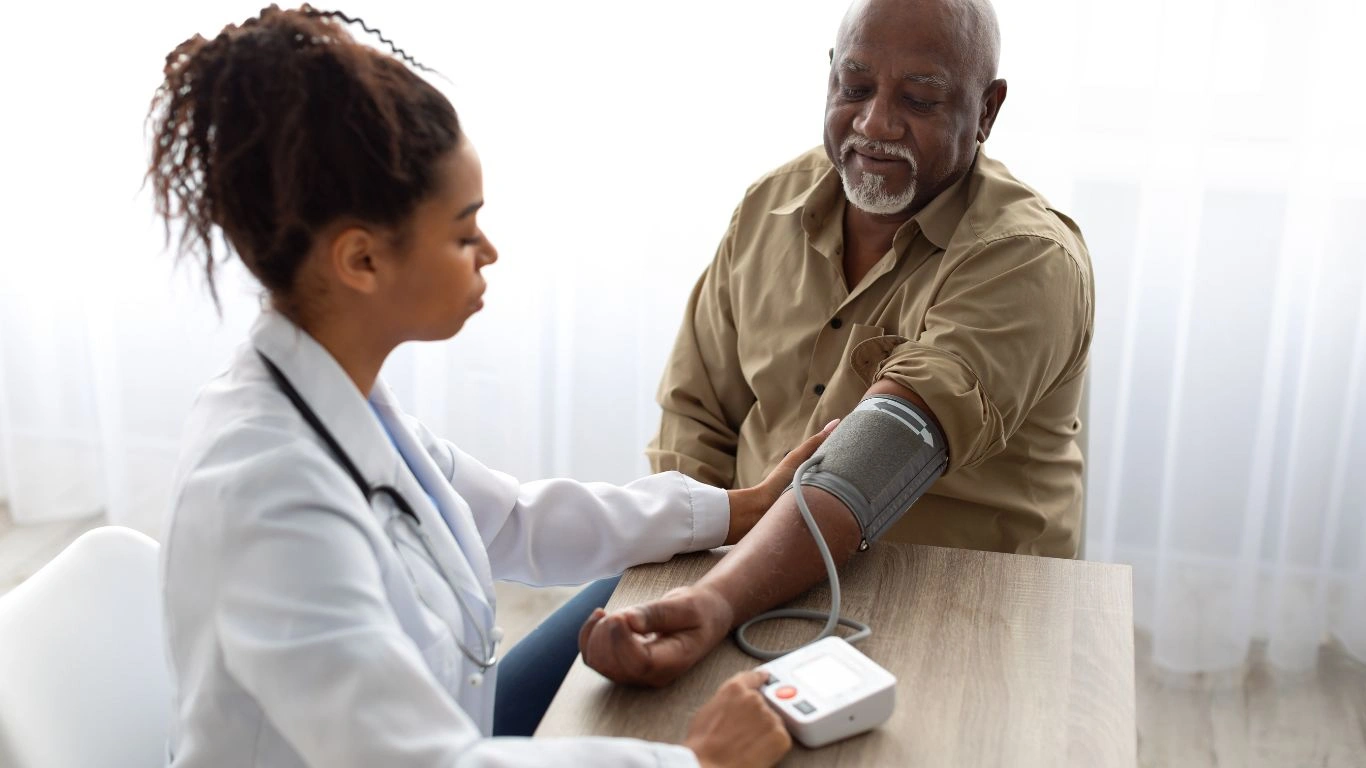
Let’s break this down. Your body isn’t just chilling while you sleep. It’s actually going through some major hormonal shifts. There’s a natural circadian rhythm that causes your body to release a surge of cortisol and adrenaline between 6 a.m. and 10 a.m. These hormones prepare you to wake up, get moving—and unfortunately, they also nudge your blood pressure upward.
The Cortisol Awakening Response (CAR)
This is fancy talk for the spike in cortisol your body produces shortly after waking. It’s totally normal, but if you already have high blood pressure, this surge can push your numbers into the danger zone. I had one patient—let’s call her Linda—who was tracking her BP faithfully every morning. Her readings were consistently elevated first thing but would drop by mid-morning. That pattern was classic CAR in action.
Morning Hypertension vs. White Coat Hypertension
It’s easy to confuse the two, especially if your only high readings happen early in the day. But there’s a difference. White coat hypertension shows up during doctor visits due to stress. Morning hypertension, on the other hand, is a real physiological spike. I often recommend patients do home readings over several days at the same time to spot patterns—because one-off spikes aren’t enough to make changes to your meds.
Factors That Influence Blood Pressure After Waking Up
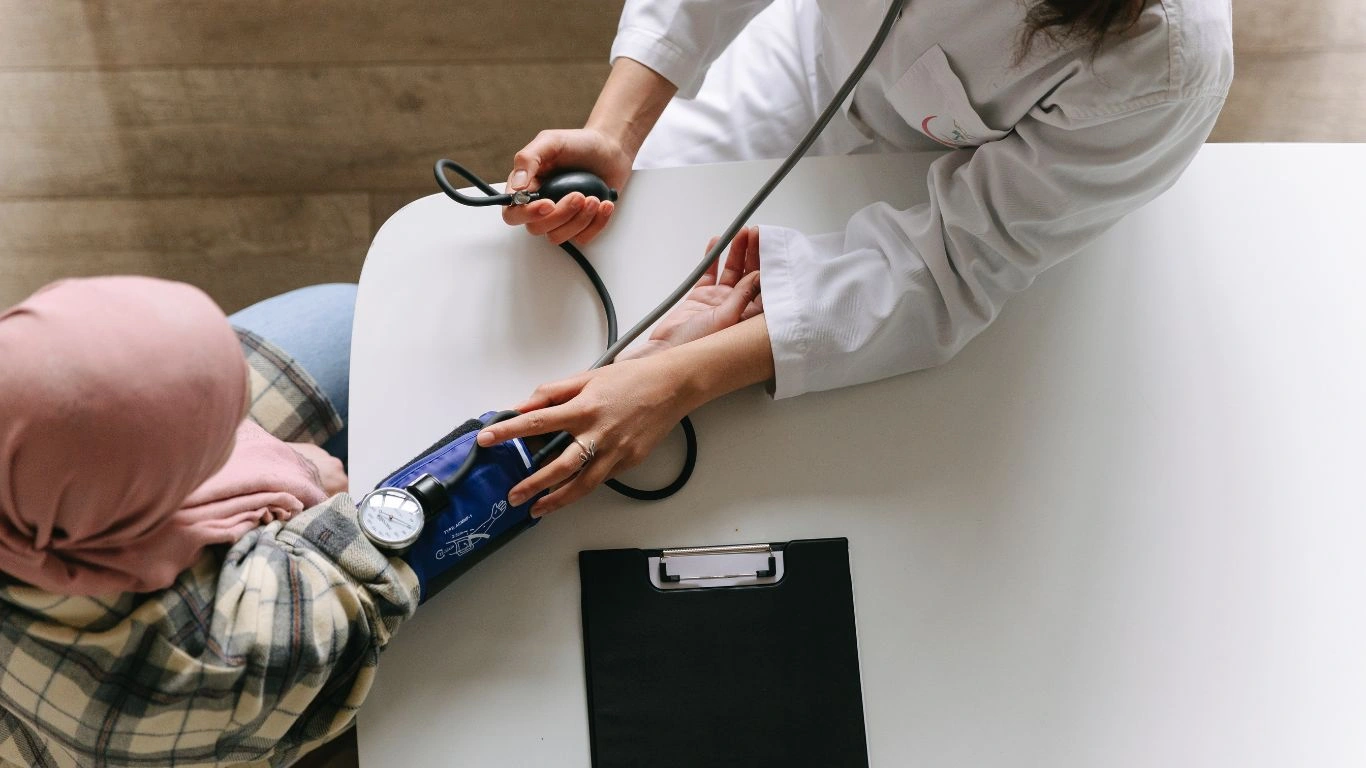
1. Poor Sleep or Sleep Apnea
If you’re waking up feeling unrested, snoring like a freight train, or your partner says you stop breathing at night—please, please get checked for sleep apnea. It’s one of the most common culprits behind elevated morning blood pressure. In fact, I had a patient whose pressure wouldn’t budge no matter what meds we tried. Once he got a CPAP machine? Boom—morning readings cut nearly in half.
2. Medication Timing
Not all blood pressure meds last 24 hours. Some might wear off in the early morning, leaving your body without that protective buffer. If you’re taking your meds in the morning but still seeing early spikes, your physician might recommend an evening dose or switching to a longer-acting option.
3. Salt and Fluid Retention Overnight
This one’s sneaky. If you had a salty dinner or late-night snack, your body may retain more fluid overnight, increasing your blood volume—and with it, your pressure. I tell my patients to keep an eye on their sodium intake, especially in the evenings. Little tweaks like skipping the chips or that last bowl of ramen can make a big difference.
How to Accurately Measure Blood Pressure After Waking Up
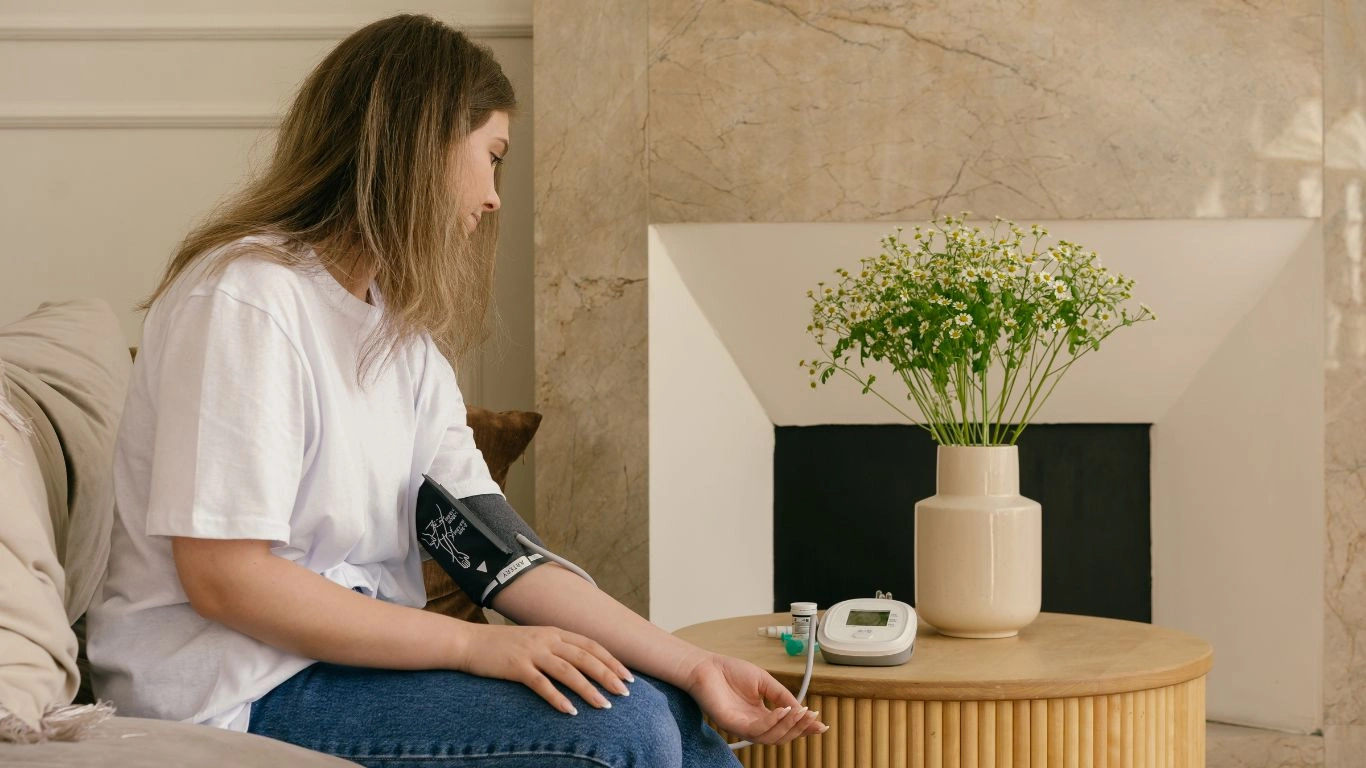
Getting a true morning BP reading is more than just grabbing your cuff as you stumble out of bed. Here’s how to do it right:
- Sit up in bed or on a chair with your feet flat on the floor.
- Wait at least 1–2 minutes after waking before taking your measurement.
- Use a validated upper-arm cuff—not a wrist monitor unless it’s all you’ve got.
- Keep your arm supported at heart level.
- Avoid coffee, smoking, or stressors before measuring.
One of my personal hacks? I keep my monitor on my nightstand. That way, I don’t forget—and I’ve got a consistent setup every day. I even encourage some of my patients to keep a little journal to track not just their numbers, but how they slept, what they ate, and how they’re feeling.
Best Times to Check Blood Pressure After Waking Up

Timing really matters when it comes to blood pressure after waking up. A lot of folks will roll over, grab their cuff, and take a quick reading before their eyes are even fully open—but that’s not exactly ideal. I usually tell my patients to give it a few minutes. Sit up, take a few calm breaths, and let your body adjust to being upright. You want your numbers to reflect your resting state, but not your still-half-asleep state.
In practice, I recommend checking your pressure about 5–10 minutes after waking. Sit in a quiet room, avoid talking, and be mindful of your posture. Doing this consistently at the same time every day gives you a clearer picture of what your blood pressure is actually doing—not just reacting to that stressful morning rush or a late-night Netflix binge.
When to Worry About Morning Blood Pressure Spikes

Okay, so your numbers are creeping up in the mornings—how do you know if it’s a problem or just your body doing its natural wake-up routine? This is where context matters. If your systolic pressure (the top number) is regularly over 135–140 first thing in the morning, that’s worth paying attention to. Same goes for a diastolic pressure (the bottom number) hanging above 90.
I had a patient, Greg, who was super healthy by the book—ate clean, exercised, low stress. But his morning readings were stubbornly high. After ruling out anxiety and poor technique, we found that he was unknowingly having silent nighttime spikes due to undiagnosed sleep apnea. That morning rise was the only clue.
Signs It’s Time to Talk to Your Doctor
- You’re consistently seeing readings above 140/90 in the morning
- You feel dizzy, lightheaded, or have headaches upon waking
- Your meds don’t seem to be working like they used to
- You have other risk factors like diabetes, kidney issues, or high cholesterol
Even if you feel fine, don’t ignore those numbers. Hypertension is sneaky—it can cause silent damage to your blood vessels and organs long before you feel a single symptom. I always remind folks: high blood pressure doesn’t have to feel high to be dangerous.
Natural Strategies to Lower Blood Pressure After Waking Up

Now, I’m not against meds—many people need them. But I’ve also seen lifestyle changes work wonders, especially for those early morning spikes. I always say, treat the root, not just the numbers. Here are a few things that have helped my patients (and honestly, even me):
Start the Day With Deep Breathing
Before you reach for your phone or jump out of bed, try this: five slow, deep belly breaths. Inhale through the nose for 4 seconds, hold for 2, exhale slowly through the mouth for 6. It sounds simple, but that little moment of calm can help ease your nervous system and steady your pressure.
Stay Hydrated (Seriously)
Overnight, your body loses fluids. Dehydration can concentrate your blood, making your heart work harder to pump it. I keep a glass of water on my nightstand and drink it before I even brush my teeth. Think of it like an internal wake-up call for your circulatory system.
Move Gently in the Morning
No need to hit the treadmill right away, but a few gentle stretches, a short walk around the house, or even 5 minutes of yoga can kickstart circulation without triggering a spike. Movement helps flush out that hormonal buildup from the night and gives your heart something steady to focus on.
Cut Back on Evening Salt and Alcohol
Honestly, this is one of the biggest hidden culprits I see. A lot of people are “good” all day, but then dinner hits and they load up on high-sodium takeout or have a glass (or two) of wine. That combo can raise your blood volume and mess with your BP well into the next morning.
Sleep Is Medicine
I can’t emphasize this enough. Aim for 7–8 hours of high-quality sleep. That means no screens right before bed, a cool and dark bedroom, and maybe even a wind-down routine. If you’re not sleeping well, your whole cardiovascular system pays for it. Trust me, I’ve lived through enough on-call nights to know the difference a full night’s rest makes on my own morning readings.
Managing blood pressure after waking up doesn’t mean panicking over every blip on the cuff. It’s about patterns, context, and taking small but meaningful steps to support your heart first thing in the morning. It’s not about perfection—it’s about awareness and consistency. And if you’re not sure where to start, your doctor (hopefully one like me!) can help piece together the puzzle.
When Medications Might Be the Right Move
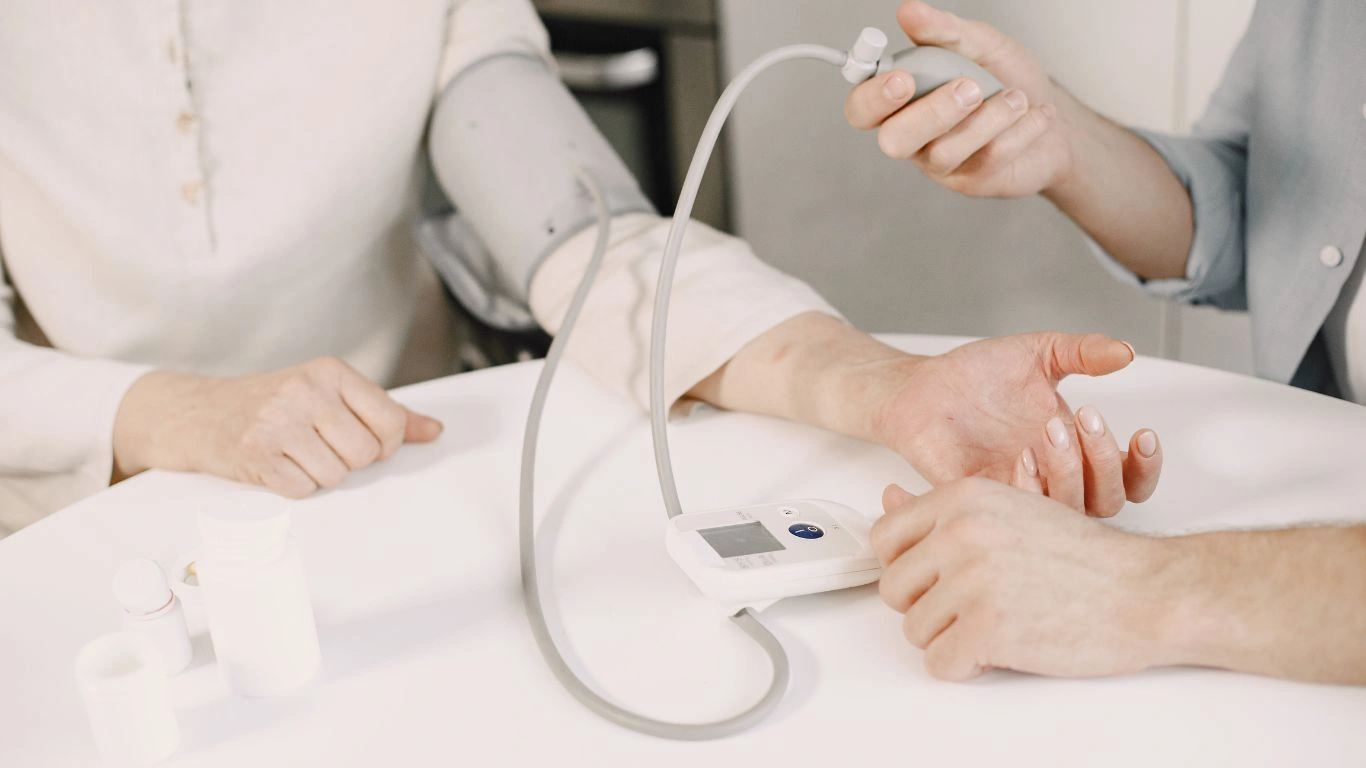
Despite all the lifestyle strategies we’ve covered, sometimes those morning numbers just don’t want to budge. And that’s okay. It doesn’t mean you’ve failed—it just means your body needs a little help. I’ve had patients do everything right, from meal prepping low-sodium dinners to meditating before bed, and still wake up with elevated readings. That’s when we talk about tailoring their medication schedule.
If blood pressure after waking up is consistently high, it may be due to the way your medication is wearing off overnight. A common approach we use in clinic is chronotherapy—shifting some or all of your meds to the evening. This helps “cover” the early morning hours when that cortisol and adrenaline spike kicks in. It’s not a one-size-fits-all method, so please don’t change your dosing without speaking to your doctor first. I’ve worked with patients to tweak timing in small steps, and the difference in their morning numbers can be pretty remarkable.
Types of Meds That May Help in the Morning
- Long-acting ARBs or ACE inhibitors – Great for around-the-clock control
- Calcium channel blockers – Often used at night to prevent morning surges
- Diuretics – Usually taken in the morning to avoid nocturnal bathroom trips, but timing can be flexible with physician input
Every case is different. I once had a patient whose blood pressure normalized just by adjusting the time he took his lisinopril—nothing else changed. That’s the kind of fine-tuning that comes from understanding your body’s rhythm.
Technology That Can Help You Track Patterns

These days, we’re lucky to have some fantastic tools that make tracking blood pressure after waking up easier and more accurate. Gone are the days of scribbling numbers on post-its and trying to remember what you ate three nights ago. Now, with a decent home monitor and a free app, you can start seeing trends clearly over time.
My Favorite Tools to Recommend
- Validated BP Monitors – Look for upper-arm cuffs approved by organizations like the AHA or AMA.
- Apps like Omron Connect or MyBP Lab – Easy for syncing readings, adding notes about stress, sleep, food, etc.
- Wearables with BP monitoring – Some smartwatches now offer blood pressure estimates. Not a replacement for a cuff, but useful for broader pattern spotting.
I love it when patients bring in their digital logs. It’s so much more helpful than a single reading in clinic. You can see real-life trends, like how stress at work or a weekend of poor sleep correlates with pressure bumps. That kind of info makes our conversations way more productive—and personalized.
Creating a Morning Routine That Supports Healthy BP

If you’re serious about getting your numbers down, think of your mornings as the foundation. The first 30–60 minutes of your day can set the tone for your cardiovascular system—and your mindset. Here’s a simple, real-world routine I often recommend (and follow myself, when I’m not rushing for rounds):
- Wake up slowly and hydrate
- Take 5 deep breaths (bonus if you do a short guided meditation)
- Do 5–10 minutes of stretching or gentle movement
- Take blood pressure after settling down
- Eat a light, heart-healthy breakfast (think oats, berries, or a smoothie)
That’s it. Nothing fancy. Just a few mindful shifts that prioritize your heart. Over time, these small changes can help lower morning pressure, reduce reliance on medications, and even improve how your body handles stress throughout the day.
Final Thoughts on Managing Blood Pressure After Waking Up
Look, I get it—there’s a lot to juggle, and monitoring blood pressure after waking up can feel like another thing on an already overflowing to-do list. But trust me, those quiet few minutes in the morning are powerful. They offer a snapshot into how your heart is doing before the demands of life kick in.
From my experience in internal medicine and hypertension management, morning BP is more than just a number—it’s a clue. A signal. And when you listen closely, it can help you stay ahead of problems before they become emergencies. Whether it’s adjusting your medication, dialing in your lifestyle habits, or just getting more sleep (seriously—don’t underestimate that), every little step adds up.
And if you’re not sure where to begin? That’s what your healthcare team is for. Don’t hesitate to bring this topic up during your next appointment. You’re not being dramatic—you’re being proactive. And that makes all the difference.
References
- American Heart Association
- Centers for Disease Control and Prevention
- Sleep Foundation
- National Kidney Foundation
Disclaimer
This article is for informational purposes only and is not a substitute for professional medical advice, diagnosis, or treatment. Always talk to your healthcare provider before making any changes to your medication or health routine. As an internal medicine physician, I share general insights based on clinical experience, but individual cases may differ.

Dr. Gwenna Aazee is a board-certified Internal Medicine Physician with a special focus on hypertension management, chronic disease prevention, and patient education. With years of experience in both clinical practice and medical writing, she’s passionate about turning evidence-based medicine into accessible, actionable advice. Through her work at Healthusias.com, Dr. Aazee empowers readers to take charge of their health with confidence and clarity. Off the clock, she enjoys deep dives into nutrition research, long walks with her rescue pup, and simplifying medical jargon one article at a time.




